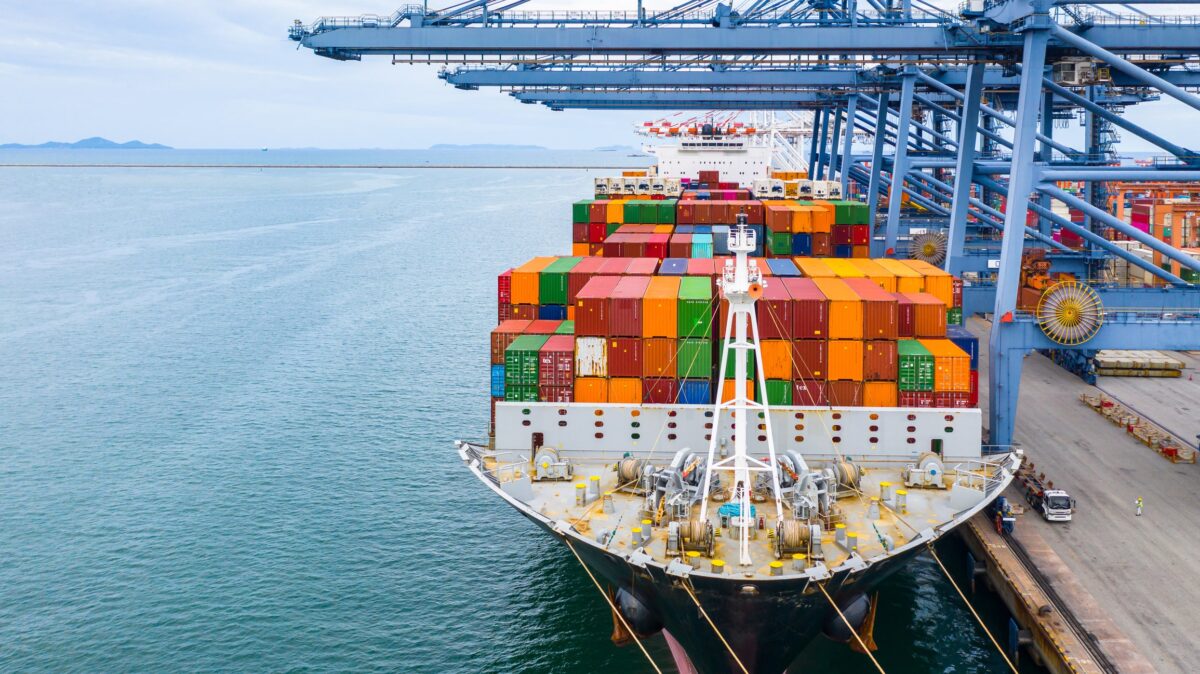Beneficial cargo owners (BCOs) continue to enjoy low spot rates in the eastbound Pacific despite carriers’ attempts to reduce effective capacity through blank sailings. However, small and mid-size BCOs in LA-LB are paying a price for the blank sailings, as terminals cancel work shifts to save money.
The canceling of roughly a dozen trans-Pacific sailings in recent weeks wasn’t enough to prevent the spot rate to move a FEU from Asia to the West Coast from falling below $1,000 and below $2,000 to the East Coast.
But the blank sailings — part of carriers’ annual response to plunging Asian exports when many factories in Asia close for the Lunar New Year festivities, which began Feb. 16 — did spur the cancellation of some terminal work shifts at the Los Angeles–Long Beach port complex, resulting in inconveniences for some shippers. The spot rate decline comes amid growing concerns that the US-China trade dispute could further weaken trans-Pacific volumes.
Further, the possibility that the US would impose tariffs on as much as $60 billion in imports and other restrictions, which last week sent stock markets into a nosedive, is well known to shippers, carriers and intermediaries who are closely following trans-Pacific market dynamics in the leadup to the May 1 contract renewal date for many annual eastbound contracts.
Spot rates predictably declined after the factory closures in Asia. The rate to the East Coast this week declined 3.8 percent from last week to $1,933 per FEU, and the West Coast rate declined 7 percent to $945 per FEU, according to the Shanghai Containerized Freight Index published on the JOC Shipping and Logistics Pricing Hub. Breaking the $2,000 and $1,000 barriers could have a psychological impact on annual service contract negotiations, which are under way in the eastbound Pacific.
However, Kenneth O’Brien, chief operating officer of Gemini Shippers Association, said he has encountered no space problems, and Kevin Krause, vice president of ocean services at Seko Transportation, said the non-vessel operator has been “relatively isolated from any capacity issues.”
This article was originally published by the Journal of Commerce. To continue reading, visit JOC.com.


